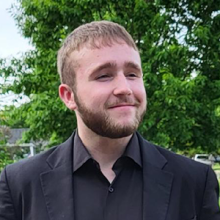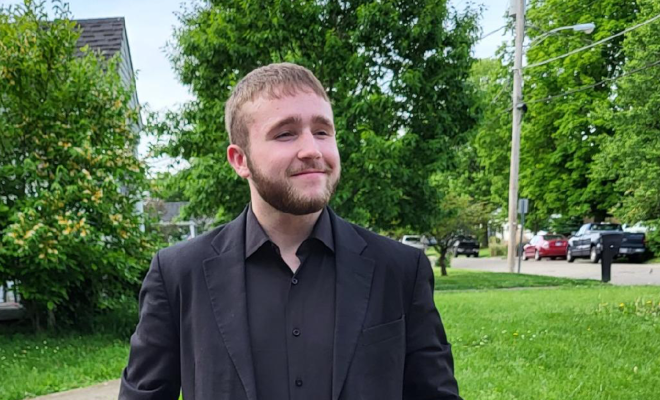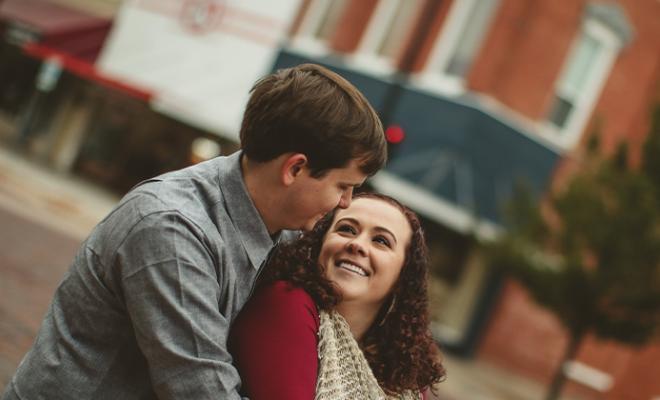Cystic fibrosis is often described as an invisible battle — one that many people don’t understand unless they’ve lived it or loved someone who has. It’s a genetic condition that demands daily treatments, hospital visits, and a level of resilience that most people never have to consider. But CF doesn’t just impact the body — it profoundly shapes relationships, friendships, and social interactions.
Growing up with CF meant learning to navigate a world that wasn’t built for someone like me. It wasn’t just the physical limitations or the endless medical routines; it was how the condition subtly yet powerfully influenced my ability to connect with others. While CF shaped my personality — instilling a sense of determination and appreciation for life — it also created emotional and physical barriers that complicated my friendships and romantic relationships.
The Challenge of Explaining CF to Others
One of the earliest struggles I encountered was trying to explain cystic fibrosis to my friends. As a child, it was difficult to articulate why I had to take handfuls of pills before every meal, why I missed so much school, or why I had a cough that never seemed to go away. Some kids were curious and compassionate, but others kept their distance, either out of discomfort or misunderstanding.
In my teenage years, the gap between my world and that of my peers grew even wider. While others were focused on sports, school dances, and late-night hangouts, I had to prioritize breathing treatments, doctor’s appointments, and avoiding anything that might trigger an infection. It wasn’t uncommon to feel like an outsider — like I was watching life happen rather than fully participating in it.
Dating added another layer of complexity. How do you tell someone that your life expectancy is uncertain? That there are days when simply breathing feels like a monumental task? Some people couldn’t handle the weight of that reality, while others didn’t know how to react at all. I learned to be selective about who I let in, recognizing that true connection would require understanding, patience, and willingness to accept the challenges that came with my CF.
The Physical Barriers to Connection
Beyond the emotional complexities, cystic fibrosis also created physical barriers to relationships. One of the most heartbreaking realities of CF is that we are advised to avoid close contact with each other due to the risk of cross-infection. Bacteria that are relatively harmless to most people can be dangerous — even deadly — to those with CF.
This meant that I could never physically be around others who understood my experience firsthand. It’s an isolating reality. While support groups and online communities provided a sense of connection, they could never replace real, in-person friendships with those who shared my struggles.
The People Who Stayed
Despite the difficulties, growing up with CF also revealed who truly cared. Real friendships aren’t based on convenience; they’re based on loyalty, compassion, and understanding. I found that the people who stuck around were the ones who saw me beyond my illness. They weren’t deterred by the hospital visits or the moments of exhaustion. Instead, they were willing to adjust, support, and stand by me.
These friendships weren’t just about me receiving help. CF taught me to value time, to be present in conversations, and to cherish the moments I had with the people I loved. In many ways, my friendships became deeper and more meaningful because they were built on trust and authenticity rather than surface-level interactions.
Love and Acceptance
Perhaps the greatest lesson I’ve learned in navigating relationships with CF is the power of acceptance — both from others and within myself. It took time to embrace the idea that I was worthy of love, even with an illness that made life unpredictable. The right people didn’t see me as a burden; they saw me as a person with strength, depth, and something valuable to offer.
CF has shaped my relationships in ways I never expected. It has made some connections difficult, but it has also made others stronger. It has taught me to appreciate the people who stay, to let go of those who can’t handle the journey, and to recognize that my worth isn’t defined by my illness.
To anyone struggling with CF and relationships, know this: you are not alone. The people who matter will see you for who you truly are, beyond the disease. The love and friendship you deserve exists, even if it takes some time to find. And above all, your story — your life — is worth sharing with those who are willing to walk the path with you.
Interested in sharing your story? The CF Community Blog wants to hear from you.





